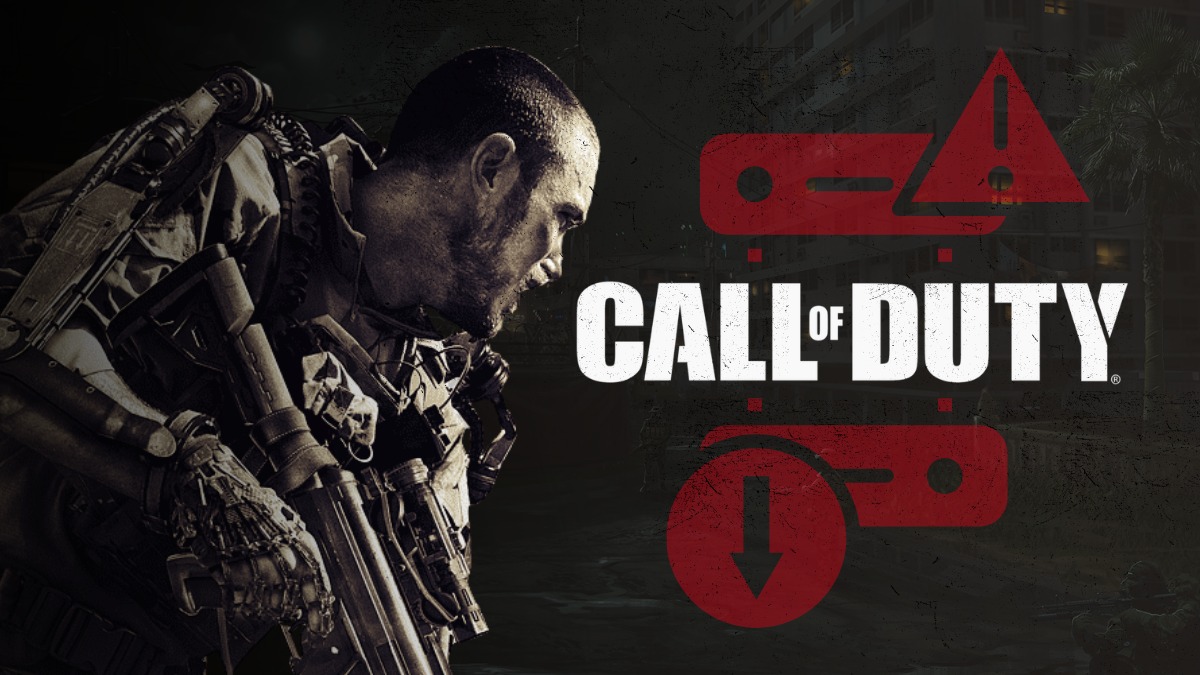Activision Shuts Down Servers for 10 Call of Duty Games in Unexplained July 2 Maintenance

In the early morning hours of Wednesday, July 2, 2025, Activision took an unexpected and sweeping action across the Call of Duty franchise. Between 3 AM and 7 AM Pacific Time, a scheduled server maintenance window brought ten different Call of Duty titles offline, rendering them temporarily unplayable. This rare move, especially given the number and age of the games involved, sparked widespread speculation across the community, particularly because no specific reason for the downtime was provided by Activision.
The affected games include Call of Duty: Modern Warfare III (2023), Call of Duty: Modern Warfare II (2022), Call of Duty: World War II (2017), Call of Duty: Black Ops 3 (2015), Call of Duty: Advanced Warfare (2014), Call of Duty: Ghosts (2013), Call of Duty: Black Ops 2 (2012), Call of Duty: Modern Warfare 3 (2011), Call of Duty: Black Ops (2010), and Call of Duty: Modern Warfare 2 (2009). According to the official @CODUpdates Twitter account, all ten of these games were unavailable for four hours, and players could not log into them during this maintenance window. It was not confirmed whether the downtime impacted all platforms, but no platform-specific details were given in the announcement.
Notably, this large-scale server maintenance took place on the same day Activision released its mid-season update for Call of Duty: Black Ops 6, titled Season 4 Reloaded. The update included the return of Fringe, a multiplayer map originally featured in Black Ops 3, and the debut of a new Call of Duty: Warzone mode called Resurgence Casual. The timing of the maintenance alongside this content release raised further curiosity among fans.
Following the announcement, speculation emerged within the community over the purpose of the update. One theory suggested that Activision might be preparing to expand its Call of Duty offerings on Xbox Game Pass. This idea gained traction after Call of Duty: WWII was added to the service on June 30, 2025, making it the fourth Call of Duty title to appear on Game Pass. The first was Call of Duty: Modern Warfare 3 (2023), followed by a day-one release of Black Ops 6, then Modern Warfare 2 (2022), and most recently, WWII.
While fans believed the downtime might relate to Game Pass preparations, plenty speculated that it could be tied to a new anti-cheat update. Over the years, many legacy Call of Duty titles, including Modern Warfare 2 (2009) and Black Ops (2010), have been affected by hackers and cheaters in online multiplayer lobbies; it made online play difficult or impossible in many cases, and players have voiced hopes that the maintenance could be used to address these longstanding problems.
Alongside these discussions, attention has also returned to the broader history of Call of Duty’s use of chance-based mechanics. Past entries in the series, especially Black Ops 3 and Advanced Warfare, featured randomized loot boxes that distributed cosmetic items through chance rather than direct purchase. These mechanics were widely criticized for their resemblance to gambling.
A recent study conducted across Australia, the United Kingdom, Hungary, and Gibraltar involving 1,413 adult gamers and gamblers linked loot box spending to increased impulsivity, stress, anxiety, and risky gambling behavior. Australia has since updated its video game classification system: games with loot boxes now receive a Mature (M) rating, and those with simulated gambling features, such as casino-like games, are rated R18+.
Although more recent Call of Duty titles like Modern Warfare (2019), Cold War (2020), and Modern Warfare 2 (2022) have moved away from loot boxes in favor of direct item purchases and seasonal battle passes, the franchise’s history with randomized monetization continues to be a relevant topic. Observers have suggested that any re-release or addition of legacy games to modern services such as Game Pass could require backend changes to comply with updated gambling regulations, especially in markets like Australia.
Despite the community speculation, Activision has not confirmed any connection between the July 2 maintenance and potential anti-cheat measures or Game Pass integration. Nor has the publisher provided any details about what exactly was updated or tested during the downtime. It’s still unknown why certain titles, such as Black Ops Cold War (2020) and Call of Duty: Vanguard (2021), were not included in the maintenance window, even though they are newer than many of the affected games.
